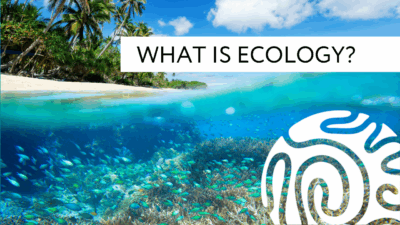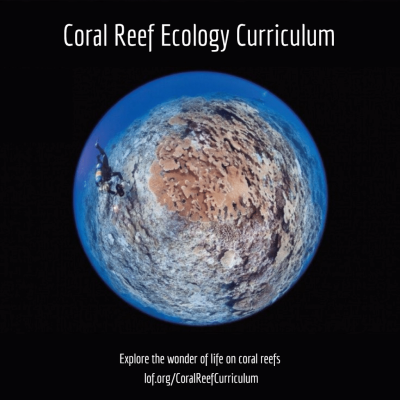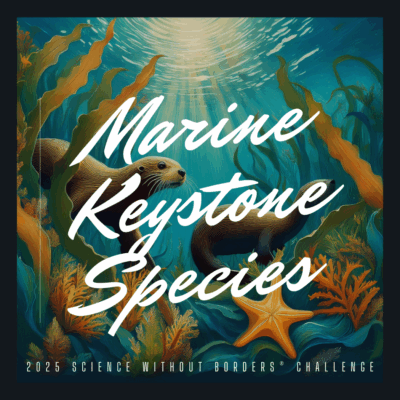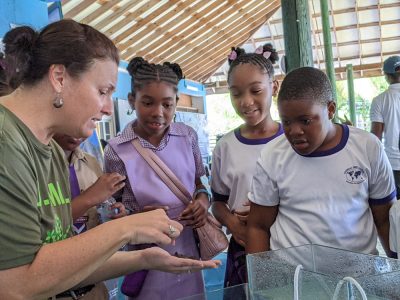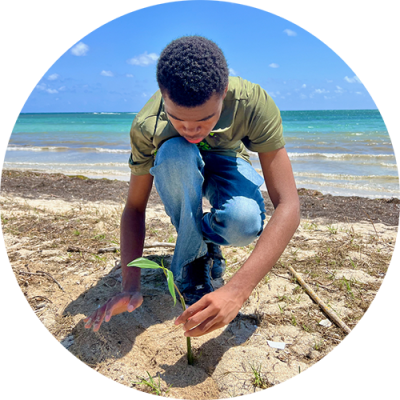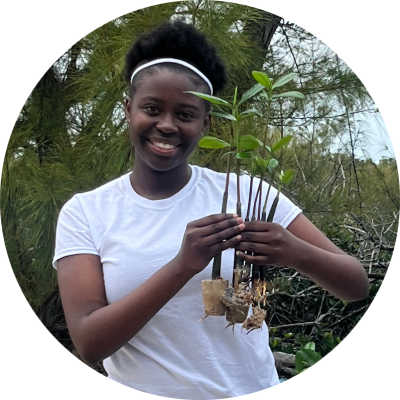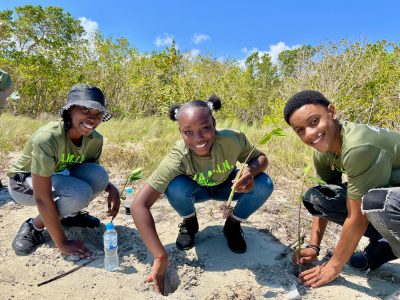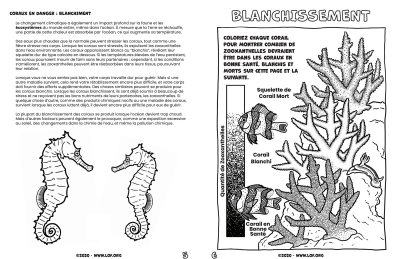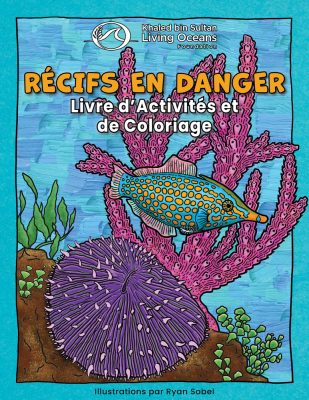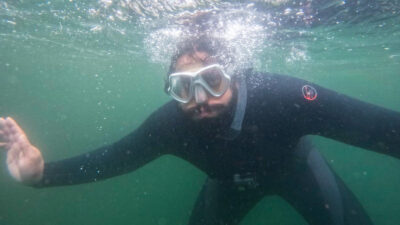
Bringing Coral Reefs to Life in Spanish
By Farid Sharifi My name is Farid Sharifi. I was contacted to work on the Spanish translation of the Reefs at Risk Activity and Coloring Book. The book was illustrated by Ryan Sobel, a personal friend of mine. I decided to help

